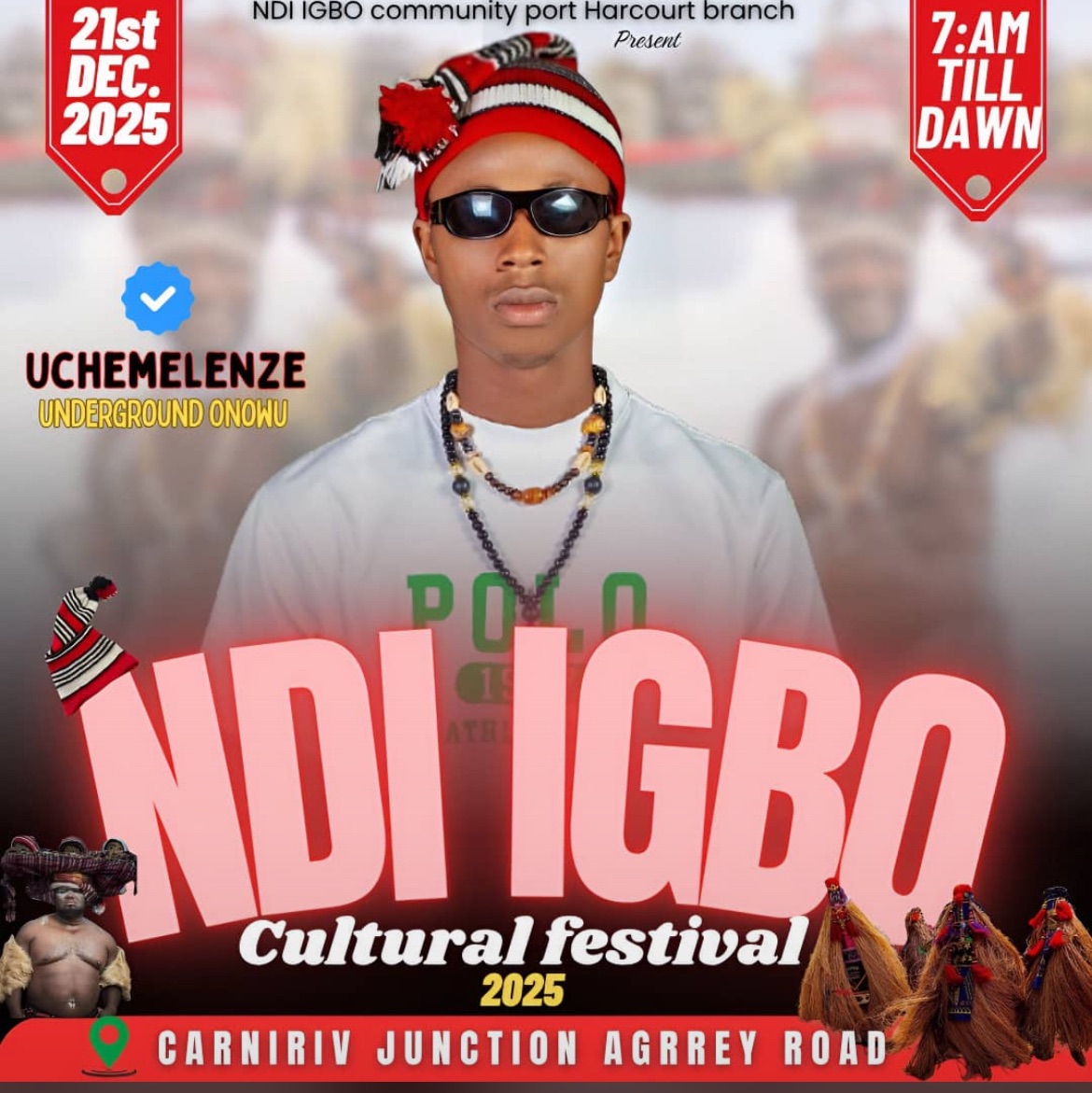Mr Eazi has announced that he’s ready to start buying the music catalogues of African artistes. Through his company, emPawa Africa, he’s calling on musicians, producers, and rights holders who have proof of ownership and at least three years of earnings history to reach out if they are willing to sell part of their catalogue.
This move is making waves in the African music scene because it’s something we often hear happening in the U.S. or Europe, but rarely on the continent. So, what exactly does it mean, and how can African artistes benefit?
See the post made by Mr eazi on x below
What does it mean to sell a music catalogue?
A music catalogue is a collection of songs or recordings that an artiste owns. Selling a catalogue usually means transferring some or all rights to another person or company. This includes the royalties that come from streaming, sales, licensing, and other earnings.
Some artistes sell their full catalogue, while others only sell a percentage of it. For example, an artiste may decide to keep publishing rights but sell the master recordings.
Why is Mr Eazi buying catalogues?
Mr Eazi is not new to investing in African music. Through emPawa Africa, he has supported young artistes with funding, distribution, and promotion. By buying catalogues, he is positioning himself and his company as long-term players in the business of music ownership.
It also helps preserve African music and ensures that African artistes can get fair deals directly on the continent, instead of selling cheaply to foreign companies.
How much is a music catalogue worth?
The value of a catalogue depends on several factors:
- Earnings history – How much money the songs have made in the last 2–3 years.
- Streaming performance – Consistent plays on platforms like Spotify, Apple Music, Boomplay, and YouTube.
- Evergreen songs – Tracks that continue to bring in income years after release.
- Publishing and master rights – Whether the artiste owns both or only a share.
- Legal clarity – Catalogues with clean ownership and no disputes attract higher offers.
Globally, catalogues are often valued at multiples of their yearly income. While deals in Africa may not yet reach the hundreds of millions we hear about abroad, they are growing in demand.
Who can sell to Mr Eazi and emPawa Africa?
According to Mr Eazi, anyone who:
- Owns an African music catalogue with clear proof of ownership.
- Has at least three years of earnings history to show.
- Is open to selling part or all of their catalogue.
Interested artistes or rights holders can contact @emPawaAfrica to begin discussions.
How can this change the African music industry?
This step could encourage more African artistes to see their music as long-term assets. Instead of waiting until international companies show interest, they now have an option to sell within Africa. It may also help educate artistes about rights, royalties, and catalog management, which has been a weak area in the industry.
Reported by Anything Celebrity – Nigeria’s hub for entertainment gist and celebrity updates.





